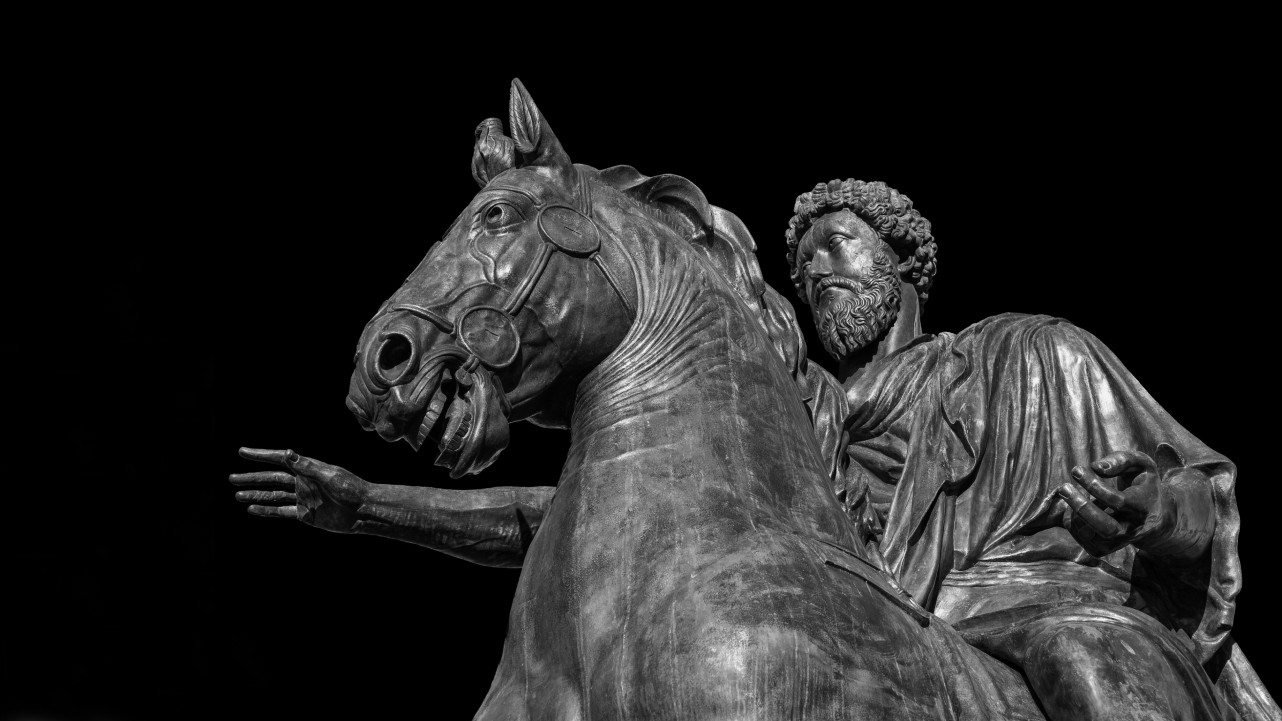A summer in Trieste inspired Rich’s first novel.
Topic: Nathaniel Rich on The Mayor's Tongue
Nathaniel Rich: Basically, I- I don’t know what inspired me. Basically, I wanted to write-- I mean I could start again now and say basically I had a lot of ideas in my mind that I wanted- a lot of ideas I wanted to write about and- and ideas for stories and characters, and it was something that took form over five or six years; and I didn’t really know what it was. I didn’t tell anybody about it. I didn’t talk about it. I didn’t know what it was for, you know, the first three or four years, if it would- made any sense, if it was totally insane or unreadable. And so it was a long process and I- it went through a lot of work and I- I finally came to the conclusion at one point that it was a novel and- and I- I shaped it, and it took- it took form. But it- it was about five or six years. There wasn’t really a single moment that inspired me, but it was something that was in my mind that I was working on while I was doing other things for- for, you know, five or six years.
Yeah, that’s a better way to do it. Triast is a very strange place. There was a poll- there was a survey done a few years ago where they asked Italians whether Triast was part of Italy or not. And 60% thought it was not part of Italy. It only was- it’s only been- been part of Italy- Italy since after World War II. It was an independent zone for awhile; and over- over centuries it’s been ruled by a number of different empires-- from the Romans to Byzantines-- and the Habsburg Dynasty is part of- is a port- is a main port for the Austria-Hungarian Empire and it later became part of Italy after the war. And it’s a crazy mishmash of different cultures and languages, and it used to be a major Mediterranean port. But after- it was eclipsed by Venice and- and it’s- it has this aura of faded glory, and it feels like a land stuck in time. It’s on the border of Italy and Slovenia. So many people consider it the gateway to the East or the gateway to the West, depending on which direction you’re going. And- and it’s- it’s a- it’s a strange place. It’s where James Joyce lived for much of his writing life. It’s where Italo Svevo lived, who’s a writer who wrote one of the- the great masterpieces in Italian literature called Zeno’s Conscience. And it was- I went to write a thesis about Svevo and I- I got a-- I went to Triast on a research grant from my college. And when I was there I became fascinated with the city and with the region. And it- it had this-- really, I was- I was already obsessed with Italy and- and all things Italian, and it- it really-- it would-- it fascinated because it was outside of what we think of as tourist Italy. It’s a part of Italy that nobody really knows much about, including the Italians themselves. And I liked the idea of a place stuck out of time and with a mute- mutable, cultural identity, a place where people spoke a dialect that was completely incomprehensible to other Italians and was informed by these other languages, and- and it- it seemed the perfect place to set my novel, which- which, from a very early stage, was, for me, about languages and people trying to communicate with each other and failing and embarrassing ways, kind of like this interview. And <laugh> it- it-- when I was- I was there it really spoke to me, and I felt like I had to set the book there. And so the- the second two-thirds of the novel are set there.
Recorded On: 3/7/08





